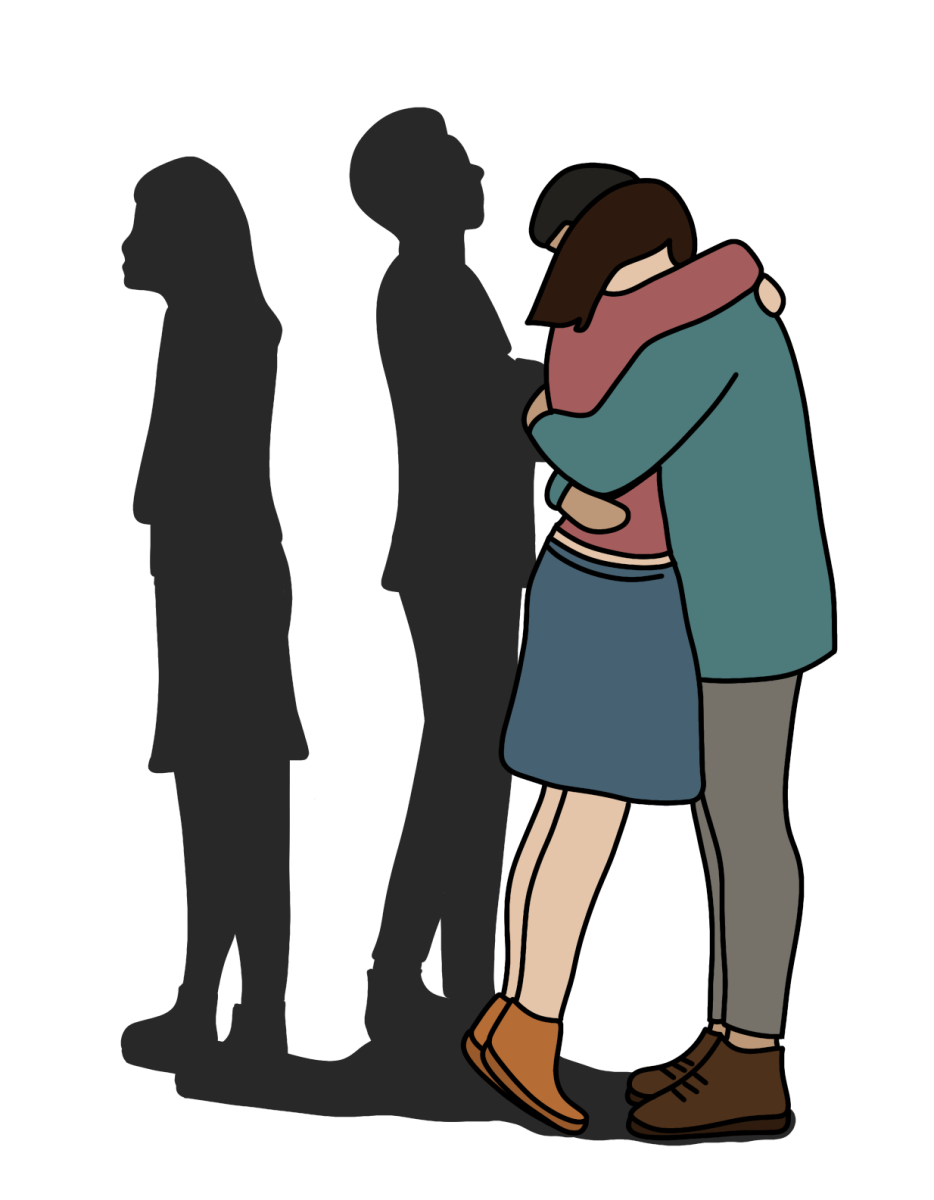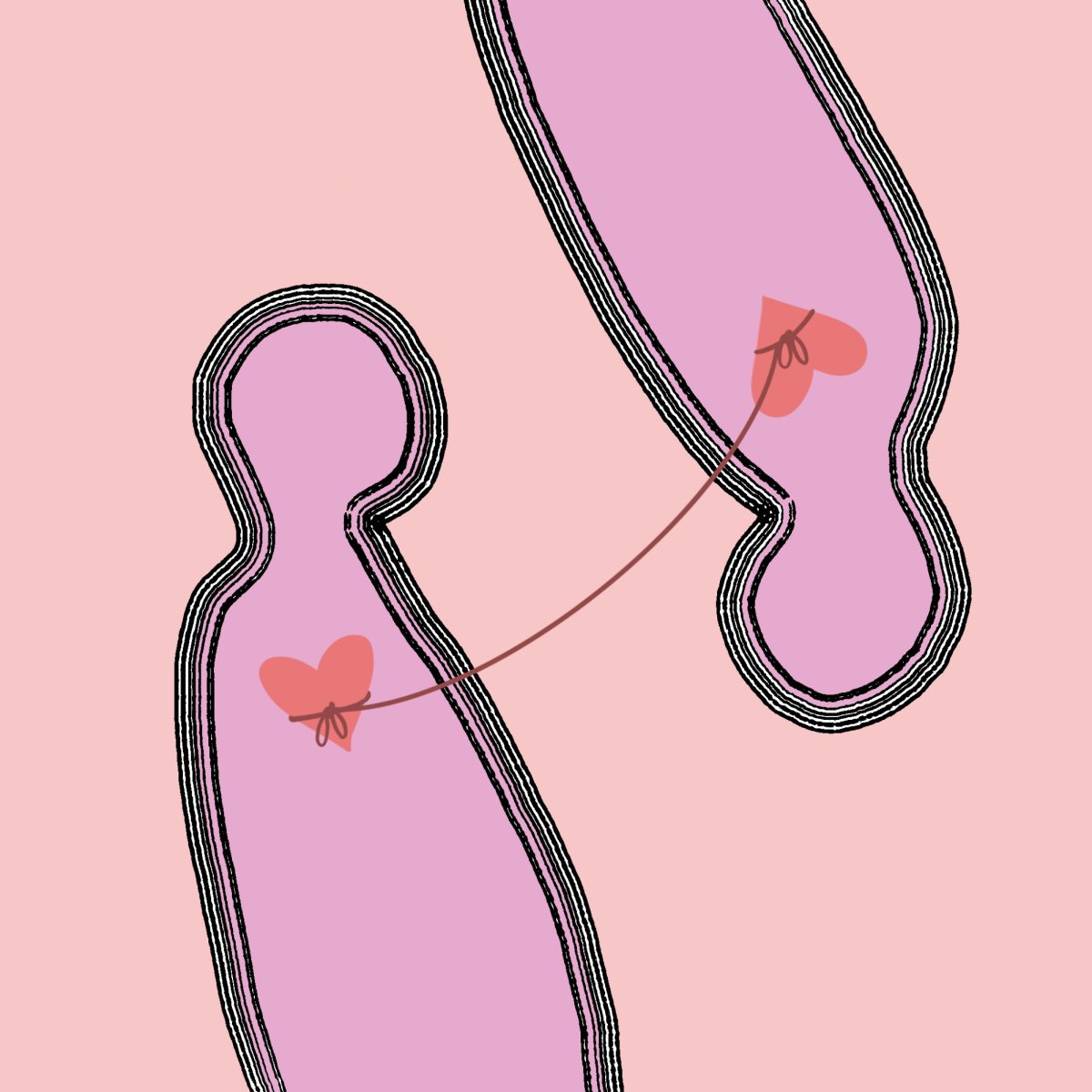Interpersonal conflict can be taxing. Whether it be a petty feud between friends or a volatile conclusion to a romance, it is a stern blow to the psyche whenever such conflict arises and especially when it reaches its peak. Often surprising, though, is the difficult yet paramount task of pursuing forgiveness once the conflict has ended. Perhaps even more taxing than engaging in conflict is our ability to accept it once we have endured it. This article will detail my personal experience with forgiveness and the possible consequences of deceiving oneself into a state of total complacency and ignorance about the results of conflicts.
While it may be exhausting, it is within human nature to retaliate to pain. In Michael E. McCullough and Charlotte vanOyen Witvliet’s article titled “The Psychology of Forgiveness,” it is observed that humans have “a proclivity to reciprocate negative interpersonal behavior with more negative behavior” when a transgression occurs. We are inclined to avoid or damage our transgressors, and forgiveness certainly seems like a less dazzling approach to confronting pain. However, social theorists have been depicting forgiveness as one of humanity’s core emotional functions since the early 2000’s and some list it as among the 15 most “basic” desires. Why is it, then, that we are so hesitant to forgive?
Until recently, I had always been inclined to neglect any lingering post-conflict emotions and view forgiveness as an unwelcome intruder in my life. At most, I would find myself pardoning someone as opposed to forgiving them- or perhaps I believed those to be the same thing. It took me several monumental losses to even begin observing the difference between forgiveness and ignorance. Because I am typically unswayed by the use of statistics in discussions of psychological phenomena, I am only going to borrow from McCullough and Witvliet to distinguish between the emotional states that often appeared to me as being equivalent to forgiveness:
“Forgiveness is different from pardoning (which is, strictly speaking, a legal concept); condoning (which involves justifying the offense); excusing (which implies that a transgression was committed because of extenuating circumstances); forgetting (which implies that the memory of a transgression has decayed or slipped out of conscious awareness); and denial (which implies an unwillingness or inability to perceive the harmful injuries that one has incurred) […] Forgiveness is distinct from reconciliation, a term that implies the restoration of a fractured relationship.”
When listed out, the differences between forgiveness and its alternatives may seem obvious. But again, it is easier to present these emotions as defined by research findings than it is to discern them in real time. It took me awakening after awakening, healing era after healing era, to become cognizant of the fact that I had never been healing myself but fortifying my aversion to admitting my shortcomings. It is far easier to default to denial and label it as forgiveness than to uproot your insecurities.
Indeed, those who I feel I connect to the most are perfectionists. Whether in romance or friendship, I found myself unwilling to occupy a middle ground between total commitment and total detachment. I suspect that this is why admitting flaws does not come naturally for perfectionists; we do not want to be cast into suspension between two extremes and would rather parade our best traits while obscuring those that need improvement. Personally, when conflicts have arisen in the past, forgiveness was often the end of the spectrum which seemed most unattractive to me. Regardless of the other actors in a scenario, I would often refuse to forgive even myself for actions I took during it. A proper understanding of what it means to forgive myself is what has saved me from severe pitfalls in self-image, and I hope to communicate that in the advice I offer below:
Whether you are a victim or perpetrator of a situation, whether that situation is bygone or current, and whether you view it with resentment or remorse, forgiveness is challenging nonetheless. At the root of that difficulty is identifying what you are doing instead of forgiveness. There is always some position we take towards our situations, and more often than not we delude ourselves into complacency to avoid addressing how we feel. Recognition of the fact that we do still have lingering emotions from a situation is the first step in achieving forgiveness. Especially in an environment such as Colgate, it is not uncommon to come face to face with individuals, groups, or situations that remind us of past conflicts. If we better reflect within ourselves and realize where we are in processing our feelings, forgiveness becomes less of an impossibility and more of a certainty. Allow yourself to feel, and you will receive far greater clarity on how to process latent emotions that would otherwise remain toxic and untouched.















